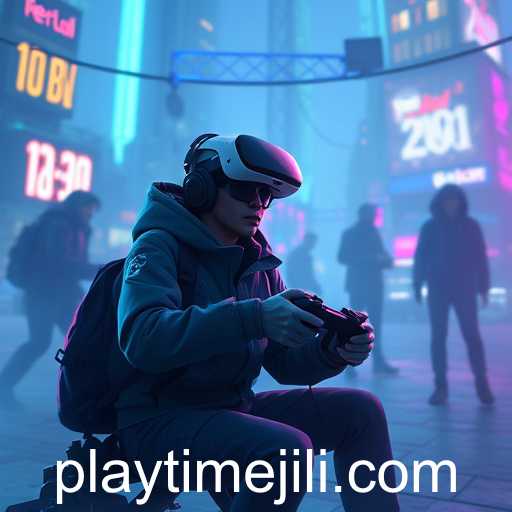A deep dive into how playtime has adapted in 2025, driven by technological advancements and changing cultural trends.
The concept of playtime has seen a remarkable transformation over the years and 2025 is no exception. As technology continues to advance at a rapid pace, so do the ways in which people engage with digital entertainment. The gaming industry, now a towering pillar within the entertainment sector, has become more immersive and accessible, contributing to a significant shift in playtime dynamics.
Recent trends indicate that more individuals are spending increased hours in virtual worlds, thanks to advancements in gaming technology including virtual reality (VR) and artificial intelligence (AI). The proliferation of affordable VR headsets and responsive AI-driven NPCs (Non-Playable Characters) have created more engaging and personalized experiences for players. This evolution is not only shaping how games are played but also who is playing them. The demographic footprint has expanded, embracing both younger and older audiences who find shared play experiences across generations.
Moreover, eSports has solidified its place within mainstream entertainment. With professional leagues garnering massive audiences globally, competitive gameplay has become a full-time career for many gamers. This underscores a shift where playtime transcends casual engagement, becoming a professional endeavor filled with training, strategy, and competitive spirit.
Education has also entered the fray, as educators leverage game-based learning to promote student engagement and motivation. Gamification in classrooms helps students develop critical thinking and problem-solving skills in an environment that resonates with their digital native status. In 2025, playtime isn't just about distraction; it's about meaningful interaction and learning.
These developments aren't without their challenges. Concerns about screen time, online safety, and digital addiction continue to be hot topics among parents and educators. Balancing enriching digital experiences with the need for real-world interactions and physical activities remains key to fostering a healthy lifestyle in this digitally-dominant age.
The future of playtime is set to be a blend of both innovation and introspection, where technology continues to open new avenues for engagement while society navigates the complexities that come with these rapid changes.




